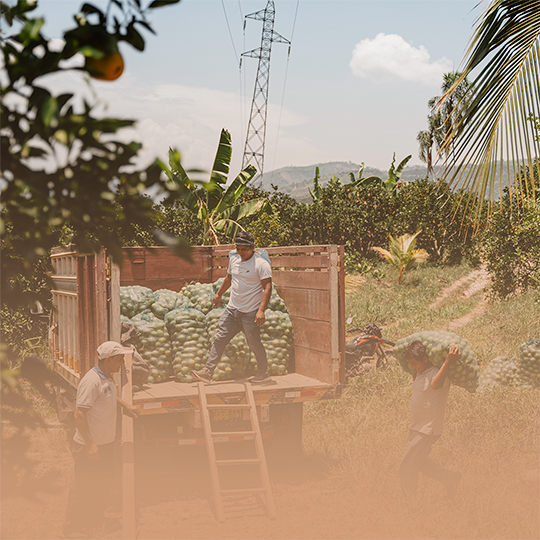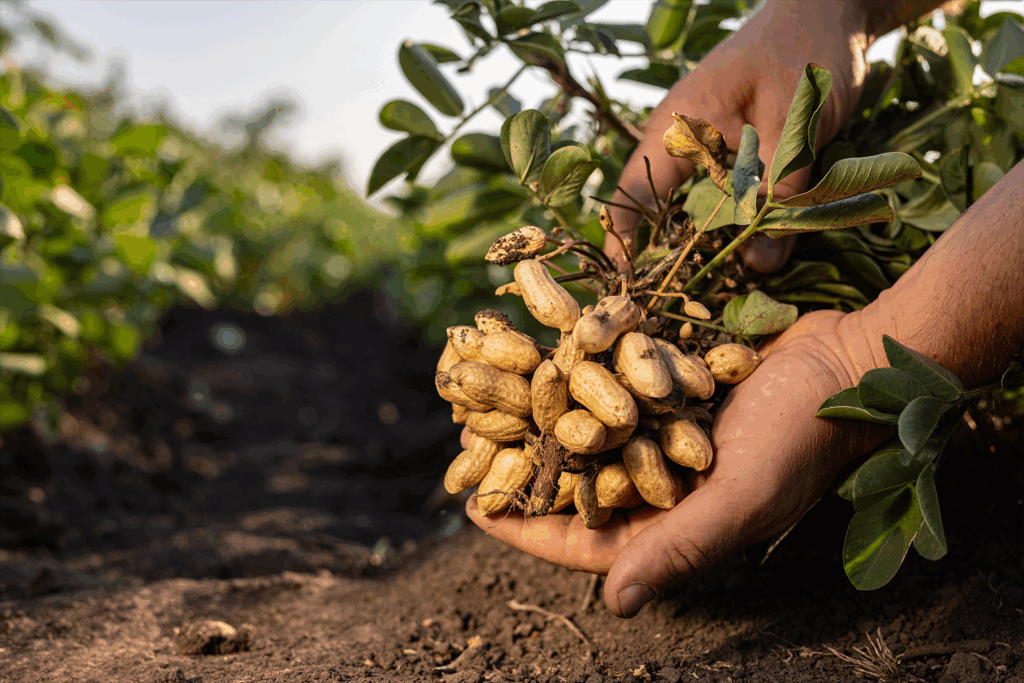
Climate change
Reducing emissions across supply chains
As a global company supplying over 600 plant-based ingredients, Acomo is deeply reliant on agricultural activities within supply chains. Agriculture is a significant contributor to climate change, with GHG emissions from land use change, land management, processing, and transportation. The company is committed to reducing and preventing GHG emissions both within its own operations and throughout ingredient supply chains.
Sustainable food systems
Climate change is globally impacting ecosystems, livelihoods, and food production systems. At Acomo, we work to reduce our climate footprint by decarbonizing our own operations and supporting emissions reductions across our ingredient supply chains. We contribute to the protein transition by improving access to safe and healthy plant-based food ingredients and helping lower the environmental impact of global food systems.
Commitment and approach
Acomo’s climate approach and Environmental policy focuses on measuring and analyzing the carbon footprint of business activities while preventing and reducing carbon emissions within supply chains. By decarbonizing operations and helping partners lower emissions across the value chain, Acomo contributes to a more sustainable food system.
The company has set ambitious targets to drive meaningful climate action, aiming to reduce GHG emissions (Scope 1 & 2) by 40% by 2030 compared to a 2022 baseline. Additionally, Acomo is committed to consuming 100% renewable electricity by 2030, ensuring that operations are powered by clean energy sources.
"Climate action starts with measurement and moves to meaningful reduction - in our operations and throughout our supply chains."
Partnering for change
Progress doesn’t happen in isolation. Acomo reduces emissions in operations while increasing partnerships across the value chain to create a more sustainable and resilient food system.

Projects in action
GHG emission reduction through renewable electricity
As part of our commitment to reduce carbon emissions, Acomo companies have taken various decarbonization initiatives.
Red River Commodities has been greening its electricity consumption by purchasing Renewable Energy Certificates (RECs) in the North Dakota and Texas locations. The electricity purchased through these RECs has been generated on wind farms in both states.
Both King Nuts & Raaphorst and Tovano have installed solar panels on the roofs of their warehouses. The electricity from these solar panels covers a major part of the electricity consumption, demonstrating how on-site renewable energy can significantly reduce carbon footprints.
Discover our impact



